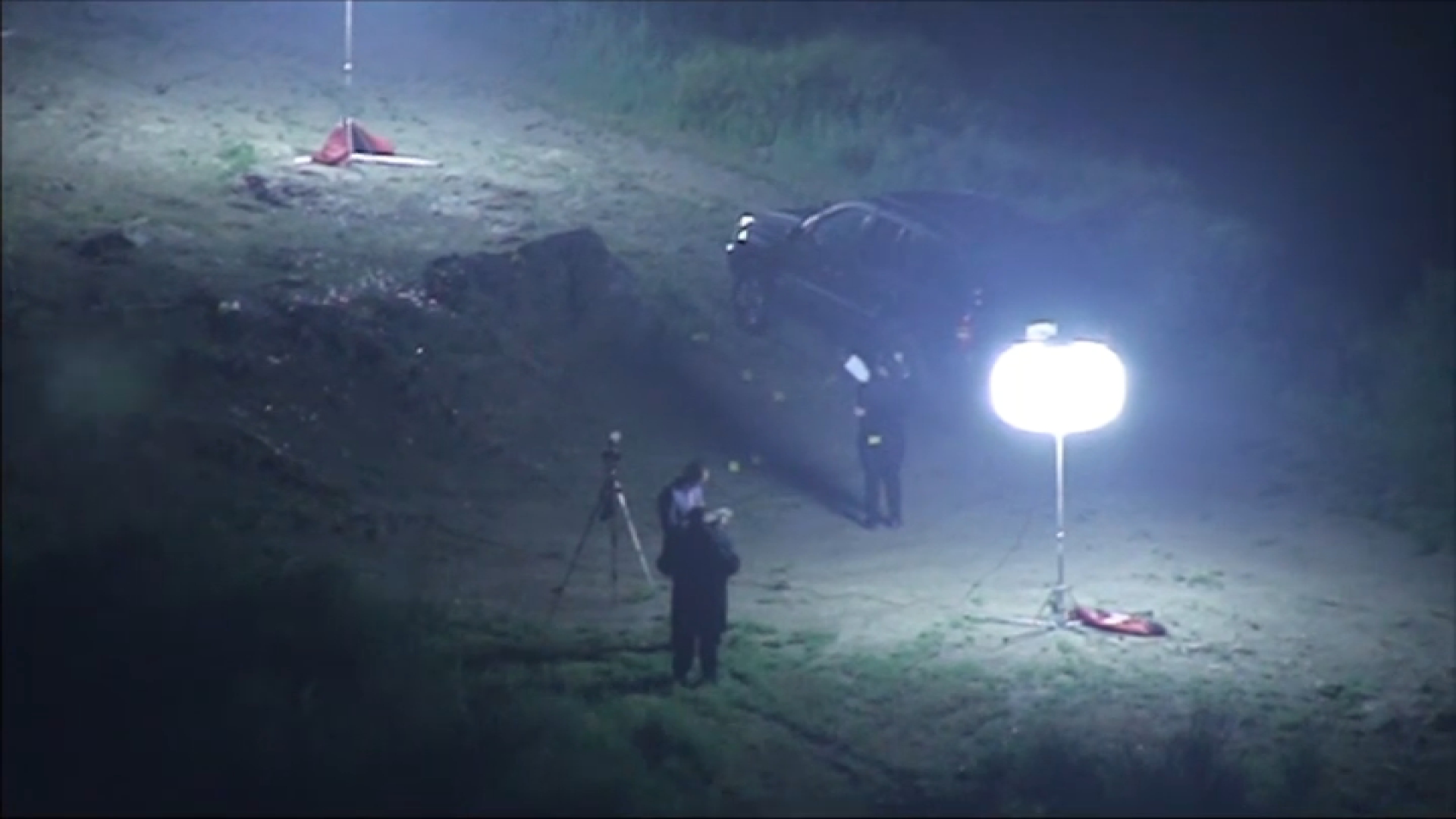The city of Los Angeles has yet to calculate how much money this week's protests have cost taxpayers, but the LAPD has said the unrest spread officers thin and left parts of the city vulnerable to crime.
For instance, while officers patrolled protest sites, a crowd of teenagers terrorized Hollywood Boulevard on Tuesday night.
"Maybe these kids say, 'Hey, the cops are somewhere else. Let's take advantage of that and go crazy in Hollywood,'" said Cmdr. Andrew Smith of the Los Angeles Police Department.
Protests erupted this week in Los Angeles and several other cities across the nation after George Zimmerman, a neighborhood watch captain in Florida, was acquitted in the fatal shooting of Trayvon Martin, an unarmed black teenager, after a fight.
The protests turned to civil unrest on Sunday night, when protesters briefly blocked the Santa Monica (10) Freeway and reportedly clashed with police. On Monday night, a mob broke off from a peaceful prayer vigil for Trayvon in Leimert Park, stormed a WalMart and attacked pedestrians.
Protests held Tuesday night did not turn violent.
Though the city will be responsible for some repairs, most of the damage was done to private property, meaning insurance companies would be responsible for covering the costs, said LAPD spokesman Sgt. Albert Gonzalez.
Local
Get Los Angeles's latest local news on crime, entertainment, weather, schools, COVID, cost of living and more. Here's your go-to source for today's LA news.
Police have yet to calculate how much fixing the damage done to the city will cost, Gonzalez said.
Another price paid by police are potential cutbacks to future patrols.
Due to past budget cuts, overtime for officers was eliminated several years ago. Instead, they get mandatory paid time off, according to Smith.
"That means down the road, in September or October, these officers will be taking time off and won't be in the neighborhoods where we need them," Smith said.
Civil lawsuits against officers, which have cost the city millions in the past, may not be a factor this time around as activists have given high marks to police leadership for being less confrontational.
"Every time you are able to control the police and the protests, you have (fewer) injuries and (fewer) lawsuits," said Brian Kabateck, president of the Consumer Attorneys of California, who has sued the LAPD in the past.
Further demonstrations against the verdict were scheduled to take place Wednesday in Beverly Hills.
More Southern California Stories:
- Search for Missing Boy Continues on Third Day
- Claim Denied in Dorner Mistaken ID Case
- Police Remember Officer Killed in Crash
- Pet Store Ban Passed in San Diego
- Transgender Bill Awaits Governor's Signature or Veto
- Mobile Home Park May be Torn Down
- Crash Survivors Reunited With Families
- SB 215 Fwy Closed for at Least 24 Hours



